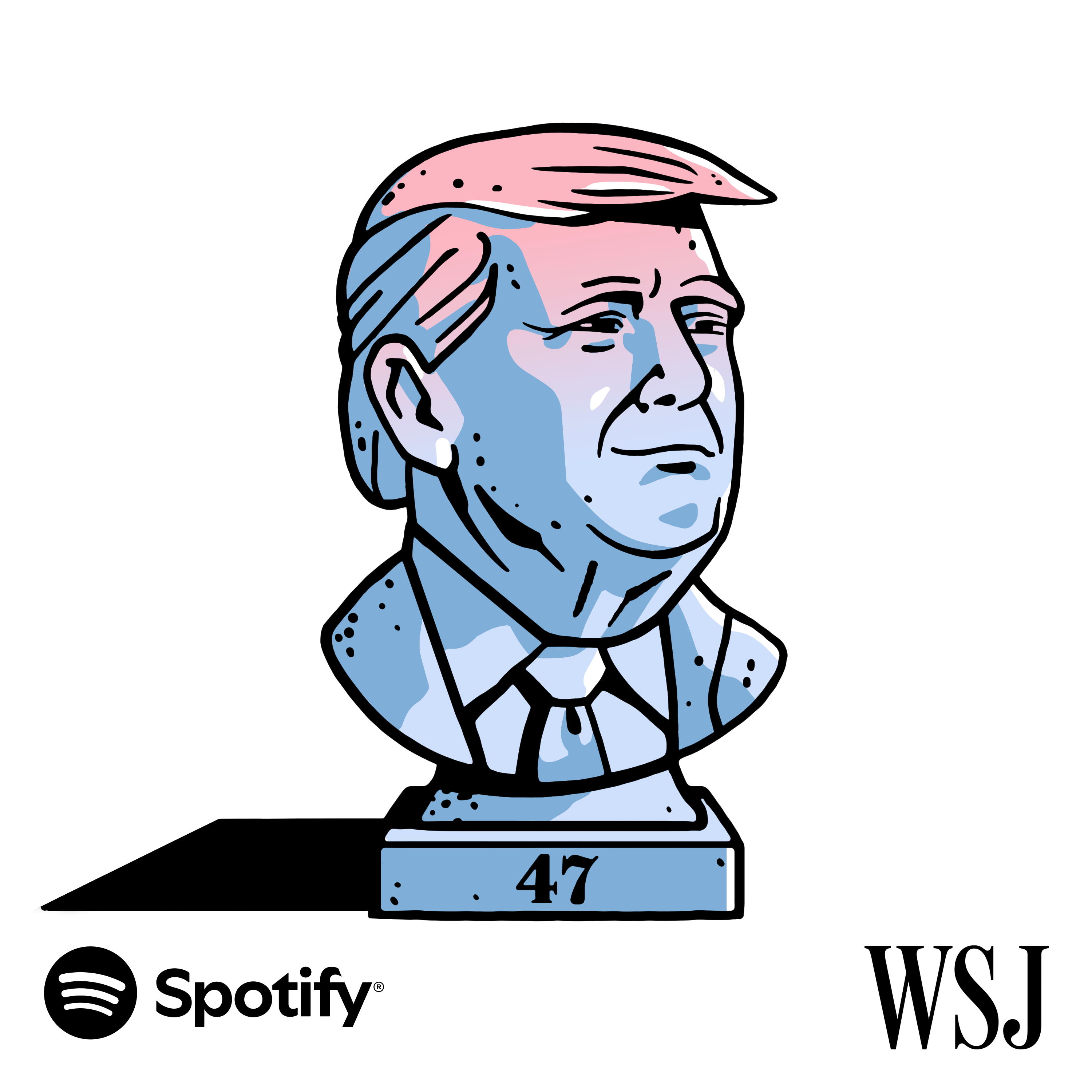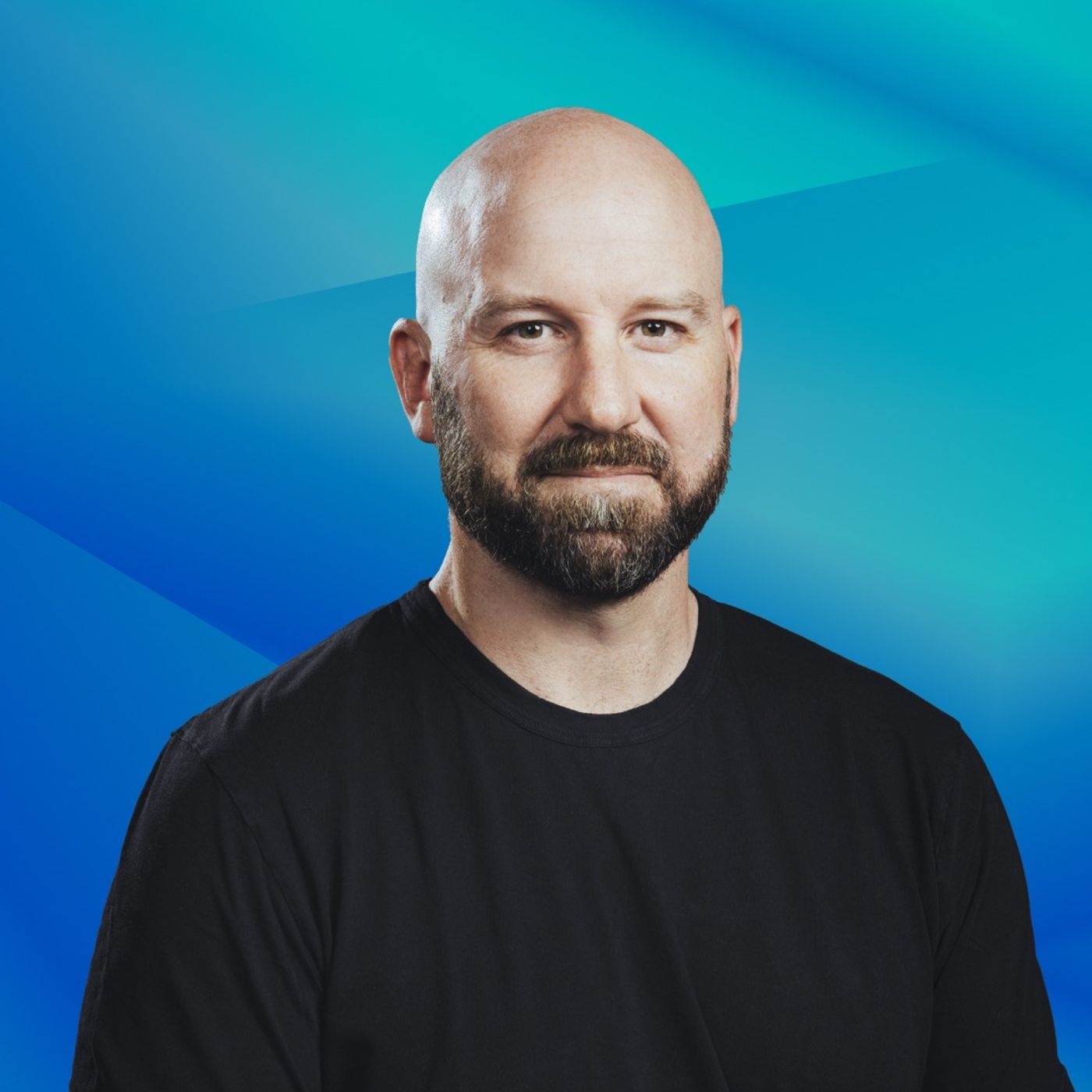Welcome to this classic episode. Classics are my favorite episodes from the past 10 years, published once a month. These are N of 1 conversations with N of 1 people. There aren't many people like Cyan Banister. Her life story is remarkable. She was homeless at a young age, dropped out of high school, and five years ago she suffered an extremely rare stroke. Yet, in spite of everything, she is one of the most optimistic and curious people you can hope to meet. Cyan is also one of the great angel investors of this era, having invested early in SpaceX, Uber, Postmates, and Deepmind to name a few winners.
She became the first female investing partner at Peter Thiel’s Founders Fund and now invests at Long Journey Ventures. Our conversation is as much about investing as it is about the essence of life and how connecting with that will help us in our professional pursuits. It is also full of awesome stories about people and companies like SpaceX and Bill Murray. Please enjoy this great conversation with Cyan Banister.
For the full show notes, transcript, and links to mentioned content, check out the episode page here.
-----
This episode is brought to you by WorkOS. WorkOS is a developer platform that enables SaaS companies to quickly add enterprise features to their applications. With a single API, developers can implement essential enterprise capabilities that typically require months of engineering work. By handling the complex infrastructure of enterprise features, WorkOS allows developers to focus on their core product while meeting the security and compliance requirements of Fortune 500 companies. Visit WorkOS.com to Transform your application into an enterprise-ready solution in minutes, not months.
-----
Invest Like the Best is a property of Colossus, LLC. For more episodes of Invest Like the Best, visit joincolossus.com/episodes.
Past guests include Tobi Lutke, Kevin Systrom, Mike Krieger, John Collison, Kat Cole, Marc Andreessen, Matthew Ball, Bill Gurley, Anu Hariharan, Ben Thompson, and many more.
Stay up to date on all our podcasts by signing up to Colossus Weekly, our quick dive every Sunday highlighting the top business and investing concepts from our podcasts and the best of what we read that week. Sign up here.
Follow us on Twitter: @patrick_oshag | @JoinColossus
Editing and post-production work for this episode was provided by The Podcast Consultant (https://thepodcastconsultant.com).
Show Notes:
[00:00:00] Welcome to Invest Like the Best
[00:04:06] Contrarian Thinking in Investing
[00:05:30] Joining Founders Fund and Learning from Peter Thiel
[00:11:15] Investing in Companies that Change Lives
[00:14:00] The Importance of Overcoming Adversity for Founders
[00:16:02] Personal Journey and Choosing Hope
[00:20:56] Embracing Curiosity and Wonder in the Face of Adversity
[00:21:20] Reconnecting with Our Inner Child
[00:24:46] The Interruption and Resumption of the Conversation
[00:27:20] The Power of Intuition in Business Decisions
[00:32:28] The Story Behind the Investment in Uber
[00:38:46] Conclusion: Following the White Rabbit of Curiosity
[00:39:08] Investing in Uber: The Beginning
[00:41:50] The Impact of Success: Personal Wealth and Privacy
[00:50:22] The Intersection of Spirituality and Investing
[00:59:34] The Bill Murray Experience: A Lesson in Presence
[01:09:54] The Violin Kid: A Tale of Curiosity and Generosity
[01:12:43] The Evolution of Investing: A Personal Journey
[01:16:34] The Philosophy of Giving: The Universe's Return
[01:17:36] The Spirit of a Venture Firm: Founders Fund
[01:23:09] The Power of Integral Family Systems
[01:28:41] The Trillion Dollar Question: Disrupting Hollywood
[01:36:05] The Future of Artistry: AI and Creativity
[01:41:39] The Power of Kindness















